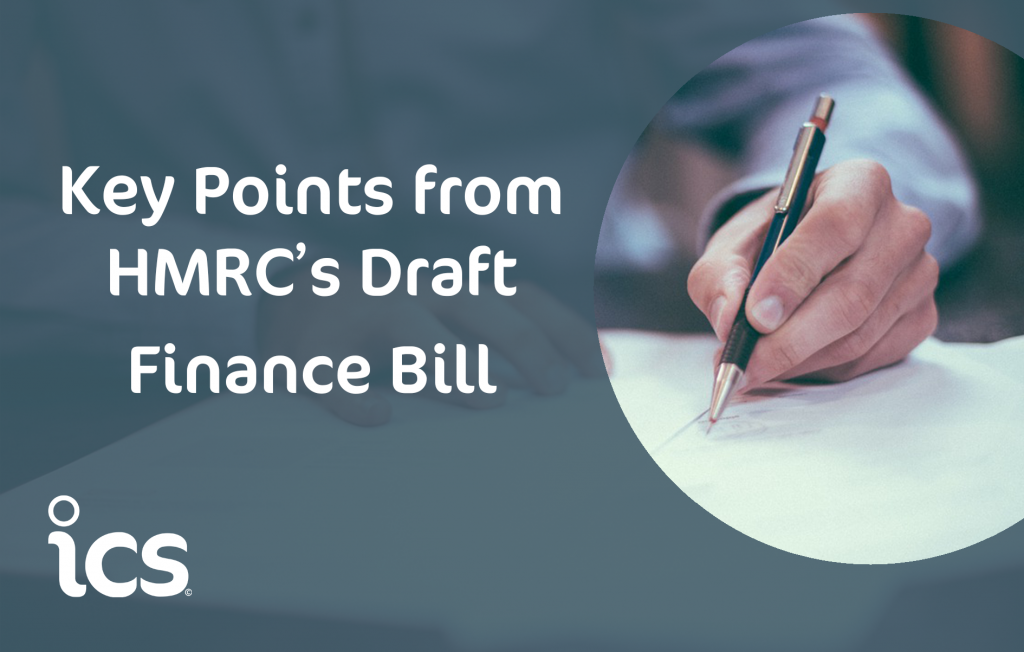On the 11th July HMRC released their Draft Finance Bill outlining the implementation of IR35 in the private sector. We’ve run through the key points below.
What we know from the draft legislation:
- The changes will come into effect from 6th April 2020
- Services supplied to a medium or large end-client are affected
- Companies Act definitions will be utilised, meaning 2 of the 3 are exceeded: turnover in excess of £10.2m, balance sheet total exceeding £5.1m, average employees exceeding 50.
- End clients will be responsible for determining the employment status, and to communicate that down the supply chain
- End clients must exercise reasonable care in this determination
- If a contractor disagrees, they can submit representations to which the end client should respond within 45 days
What could the impact be:
- If determined as outside IR35, continue to operate as a director/shareholder
- If determined inside, consider making representations to object – remember that the indicative factors over employment status have not changed
- If inside IR35, all earnings will be subject to income tax and national insurance, without relief for travel and subsistence expenses
- A typical contractor with annual fee income of £50k could be worse off by around £5-6k per annum
What should I do now?
- Speak to your end client, and any agencies you work with to establish what their approach is
- Speak to your accountant about your IR35 status and get an independent expert opinion
- For more detailed analysis, click here to read our in-depth article by our Head of Finance, Maggie Lawson
For HMRC’s full summary of responses, click here.


















